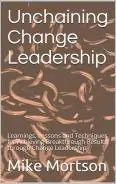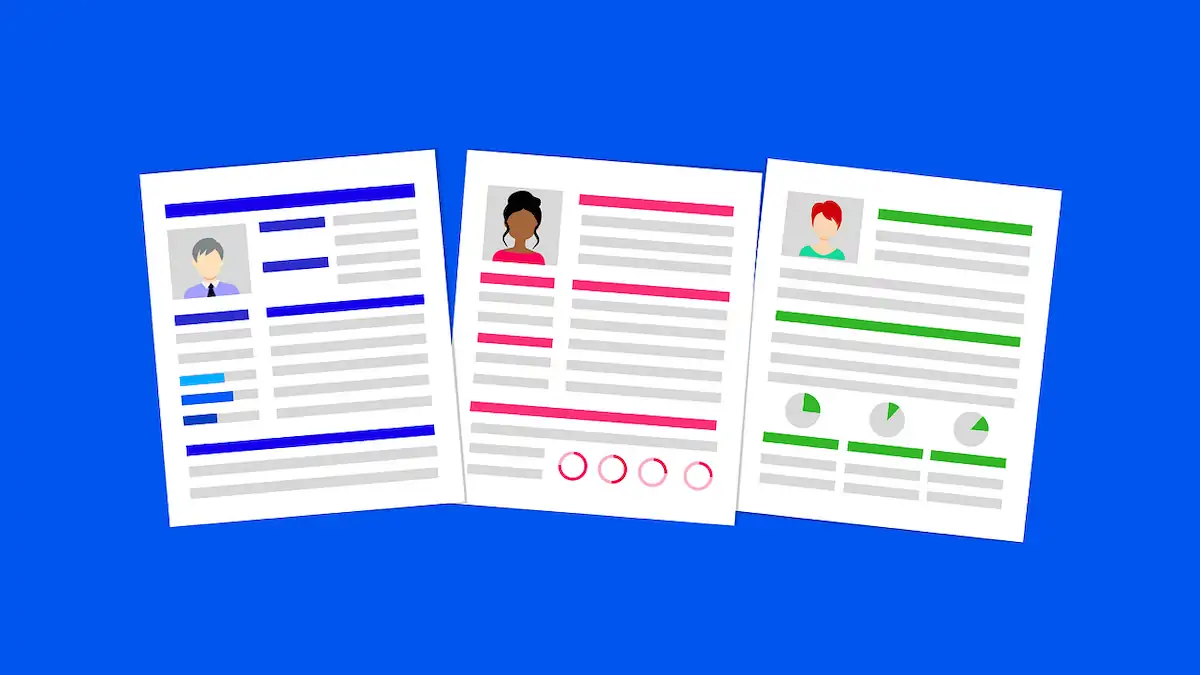
The supply chain industry is highly competitive and crowded. People are fighting their way up the professional ladder, and it can be quite a challenge to secure your spot. Companies and businesses are looking for new employees, but there are hundreds of applicants fighting for the same position so you need to submit an impressive resume.
This is just one of the reasons why your resume needs to be impressive. So it is not strange that people use a resume writer service to get help with this task so that they could succeed in getting a job.
Writing a winning resume in the supply chain industry means winning a chance for a live interview and presenting yourself in the best possible light. If you want to write a new resume but aren’t sure how just keep reading. We’ve made a list of 6 ultimate tips for writing a powerful and effective supply chain resume.
1. Summary of Qualifications
Your supply chain resume needs to start with a strong summary of qualifications that summarizes you as a professional. It should only contain information about your supply chain-related experience.
The goal is to open strongly and add a bit of personal note to your resume. The summary should contain the following information:
- what’s your experience
- what are your strongest skills
- what makes you unique
You need to be careful not to overdo it. Make it up to 5 short sentences long, and provide informative content. Don’t just go ahead praising yourself. Instead, present yourself as a professional who’s a great fit for the job.
2. Relevant Experience
After you win the recruiters’ attention with your unique opening statement, you need to continue with the next most important thing in your resume. Sharing your relevant work experience is what most recruiters and employers will want to read.
Here’s an important tip:
- only list the experience that is relevant to the supply chain industry
Don’t write about your other job positions that have nothing to do with the supply chain. It’s irrelevant, and it will only take out space on your CV.
Instead, here’s how to handle this section:
- list relevant experience (e.g., Supply Chain Manager, Logistics Analyst, Storage Manager, Production worker)
- list the period (e.g., September 2018- October 2020)
- list your key tasks and obligations (e.g., supervises warehouse personnel, coordinates warehousing, distribution, and planning efforts)
- list key achievements (e.g., reduced the time of the weekly inventory checkup by establishing an improved data sheets strategy)
Tell them about why are your career path so far, but leave out anything redundant or irrelevant.
Also, you could include a previous experience that’s outside of the supply chain industry but is still relevant in terms of similar duties and responsibilities.
Be wise about the things you include and make sure each point of this section matters.
3. Significant Hard Skills
Once you’ve listed your previous work experience, it’s time to write about your key hard skills and the specific things you offer as an employee.
You should choose the skills to list following the job opening description:
- read the job opening description carefully
- underline the specific skills they’re looking for
- list them in your resume
Yes, this means you should change your resume for each new job opening you’re applying to. You need to adjust it and make it suitable for the specific job you’re aiming at.
List key skills, such as:
- Project Management
- Cost Accounting
- Project Logistics
- Supply Chain Compliance
Prioritize the skills that will make you more fit for the job and put them on top of your list. This will impress your potential employers and show them you truly understand the position you’re applying for.
4. Significant Soft Skills
Soft skills might not be a priority in your resume, but they deserve a section of their own. Why? Because this is yet another chance for you to set yourself apart from the competitors.
You need to avoid writing cliché soft skills such as:
- results-oriented
- team player
- communicative
- adaptable
These are all so general and empty that they don’t say anything about you. So, make sure to skip the cliché and share some truly significant soft skills. here’s what we have in mind:
- problem-solving
- leadership skills
- time management
- mentorship skills
- decision making
Choose a couple of these to list in your resume, and don’t go too far. You don’t want to be bragging or sound like your ego is over the roof.
5. Education & Certificates
Your formal education needs to be included in your resume, as well. But, you should try and make it relevant for the job opening.
That means you shouldn’t just list your college name and the years you studied there. Instead, include a sentence or two about the experience you gain there.
So, organize the information accordingly:
- your degree(e.g., Master’s in Financial Management)
- your college
- years you studied
- skills and experiences you’ve gained (e.g., mastered finance and accounting)
Show how your college degree is relevant to your current ambition of becoming their new employee. Also, list any certificates you may have acquired outside college that are relevant and credible.
In case you need any help with organizing this or any other section of your resume, consider using professional custom writing services online.
6. Additional Sections
If you feel like there’s more you’ve got to say, go ahead and do so. List your bonus skills, features, or accomplishments. This section can cover things such as:
- the languages you speak (especially if you speak the language of their target market)
- technical and computer skills
- awards you won
- relevant licenses you have
- volunteer work (especially for an entry-level job)
List the things you feel are worth sharing and give your resume the strong final note it needs.
Final Thoughts
Writing an impressive resume for the supply chain industry is not that big of a challenge if you’ve got the right strategy. If you’re determined to succeed, an effective resume will bring you one step closer to your goal.
Hopefully, the tips we’ve shared above will provide enough insight and guidance for you to nail this task. Use them to write an impressive resume that will not end up in the rejection pile.
Author’s bio. Jessica Fender is a copywriter and blogger at Bestwritingadvisor a background in marketing and sales. She enjoys sharing her experience with like-minded professionals who aim to provide customers with high-quality services.

